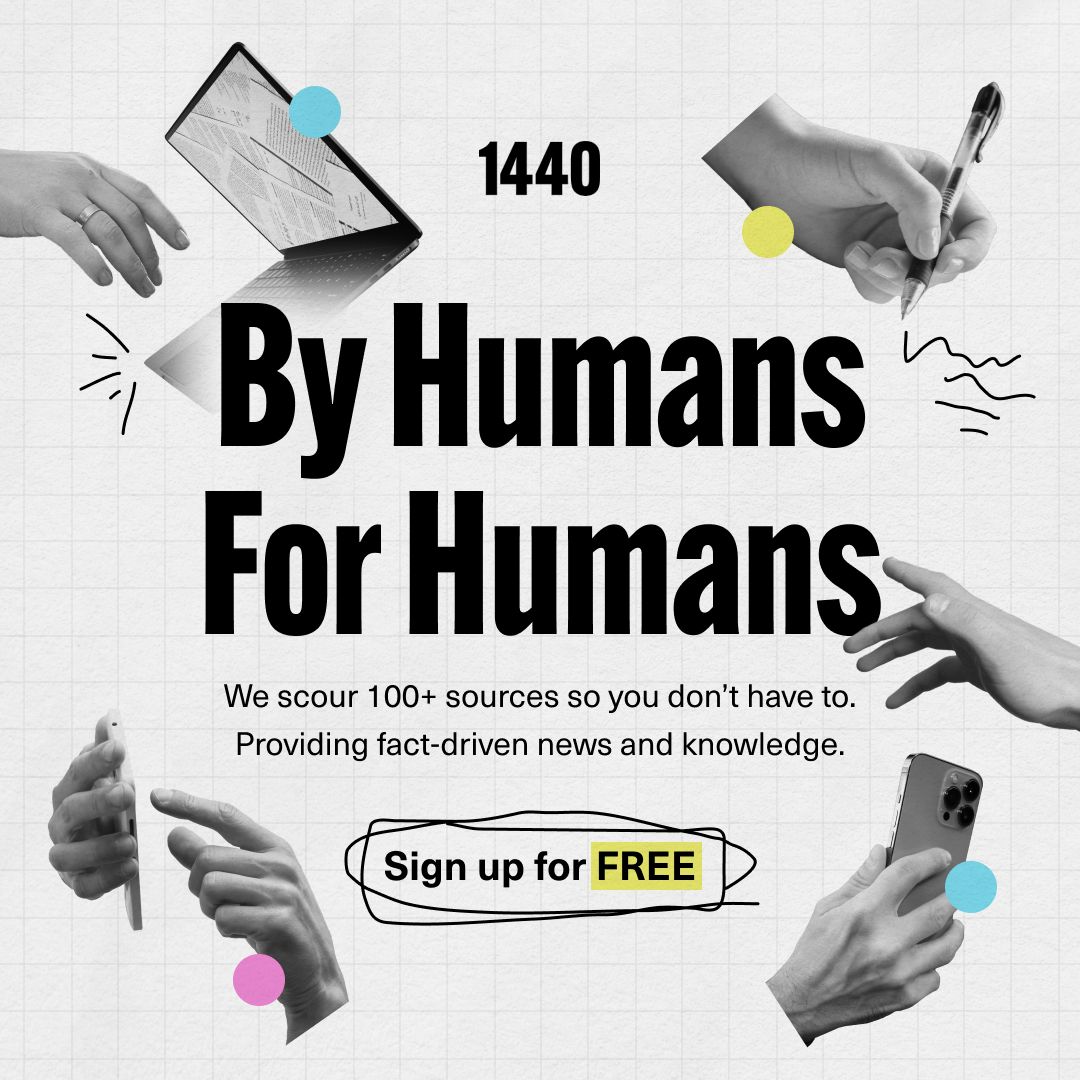- Vejon MED
- Posts
- Women Weren't Hysterical:
Women Weren't Hysterical:
A Groundbreaking Study on Menstrual Changes During the COVID-19 Pandemic Vindicates Patient Reports


A Message from Dr. McMillan
One of the most troubling lessons from recent research is just how slow science has been to address the concerns the public raised years ago.
We saw it with the dismissal of unusual bleeding patterns, and we're seeing it again with questions around fertility and COVID vaccines, which were labelled too quickly as "conspiracy" rather than investigated with urgency.
The question is: will we learn a few years from now that these concerns were valid all along?
If science is to retain public trust, it must be willing to respond to uncomfortable questions, not just the ones that align with a prevailing narrative.
We can and must do better.
Dr. Philip McMillan
In this week's July 25, 2025 update:
Covid-19: Menstrual changes during the COVID-19 pandemic
Vejon: This week’s featured Vejon video
Health: Pandemic may have aged our brains
Infographic: Women weren't hysterical
News: Medical news in brief
Education: Covid Heart STORM
Read time: 6 minutes
FEATURE ARTICLE
COVID-19
mRNA COVID-19 vaccines linked to 14% increase in menstrual disturbance medical visits within six weeks.
Women aged 20-34 most affected, with symptoms peaking at seven weeks post-vaccination.
Social media analysis revealed widespread patient frustration over dismissed concerns and medical gaslighting.
Study combined AI social media monitoring with medical records to validate patient experiences.
Why this is important: Medical institutions' systematic dismissal of women's health concerns has been scientifically validated, revealing a dangerous pattern where patient experiences are ignored until data forces acknowledgment. This research exposes the need for marginalized voices in healthcare to receive immediate attention rather than allowing years of suffering before obtaining legitimacy..
SUPPORT VEJON MED
SUPPORT education in science and medicine. Your ONE-TIME donation will help us maintain our independence, compensate our dedicated team, and continue delivering high-quality content free from industry influence.
HEALTH
Pandemic accelerated brain aging by approximately 5.5 months, even in people never infected with COVID-19.
Men, older individuals, and people from disadvantaged backgrounds showed the most pronounced brain aging effects.
Only COVID-infected participants experienced cognitive declines in mental flexibility and processing speed during scans.
Brain aging changes may be reversible, suggesting the potential for recovery from environmental stress impacts related to the pandemic.
Why this is important: Pandemic-induced brain aging reveals how environmental stressors can physically alter neural structures without direct pathogen exposure. This discovery fundamentally shifts our understanding of brain health determinants, suggesting that societal upheaval, isolation, and uncertainty may create measurable biological consequences that disproportionately impact vulnerable populations while potentially remaining reversible.
INFOGRAPHIC
EDUCATION
Covid Heart STORM
Discover how repeated exposure to the COVID spike protein can silently damage the heart.
What is the deadly triangle of immune misfire? Whether you're a clinician, researcher, or health-conscious learner, this course will challenge what you thought you knew about myocarditis, arrhythmias, and long COVID.
MEDICAL NEWS IN BRIEF
NEWS HIGHLIGHTS
🚥 Global Study Links Early Smartphone Ownership With Poorer Mental Health in Young Adults: Protecting childhood development requires immediate attention to smartphone policies. With over 100,000 participants showing consistent global patterns linking early device ownership to severe mental health symptoms, policymakers now possess compelling evidence to implement precautionary restrictions similar to existing alcohol and tobacco regulations for minors. [SOURCE]
🚥 Unexpected Side Effect: How Common Medications Clear the Way for Pathogens: Medications beyond antibiotics silently dismantle our gut's microbial firewall, enabling dangerous pathogens like Salmonella to flourish unchecked. One-third of tested drugs inadvertently promote harmful bacterial growth by eliminating beneficial microbes. Pharmaceutical development urgently requires microbiome impact assessment to prevent inadvertent health compromises in vulnerable patients. [SOURCE]
🚥 Sweet Spot for Daily Steps Is Lower Than Often Thought: Discovering that meaningful health benefits begin at just 2,500 daily steps fundamentally reshapes how we approach fitness. Rather than abandoning exercise when arbitrary 10,000-step targets feel impossible, people can achieve substantial disease prevention and longevity gains through modest, sustainable increases in daily movement, making wellness accessible to virtually everyone.
🚥 Soft Drinks Can Affect Communication of Gut Bacteria and Immune System: Regular consumption of sugary beverages triggers DNA modifications in beneficial gut bacteria, disrupting immune function through altered inflammation markers and intestinal permeability. However, these bacterial genetic switches reverse when sugar intake stops, suggesting dietary interventions could strategically modulate microbiome-immune interactions for therapeutic benefit. [SOURCE]
🚥 Could the Copper in Your Diet Help Prevent Memory Loss? Copper-rich diets may shield aging brains from memory decline by supporting neurotransmitter production and preventing cellular damage. However, optimal brain protection appears to require precise copper levels, neither deficiency nor excess, highlighting how balanced nutrition throughout life, rather than late-stage supplementation, could influence cognitive resilience decades before dementia symptoms may emerge.
🚥 Are You Ageing Well? Take the Five-Part Quiz That Could Help Change Your Future: Aging well requires intentional daily choices across five interconnected areas: nutrition, hydration, physical activity, social connection, and mental stimulation. Rather than relying on chance, this framework empowers individuals to take small, actionable steps today that compound into meaningful long-term benefits for independence, cognitive health, and quality of life in later years.
BOOK NOOK
"Disease X: Are You Prepared?" is your comprehensive guide to navigating the uncertain future of global health. Drawing from experience and the latest scientific insights, this book offers:
|
ADVERTISING
Fact-based news without bias awaits. Make 1440 your choice today.
Overwhelmed by biased news? Cut through the clutter and get straight facts with your daily 1440 digest. From politics to sports, join millions who start their day informed.






